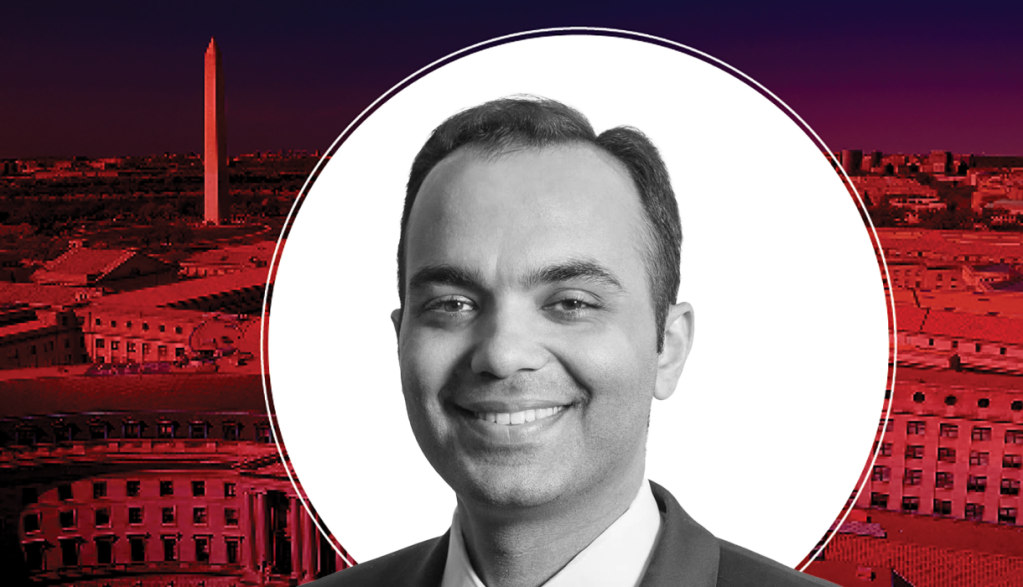
Consumer Financial Protection Bureau Director Rohit Chopra, in his first report to Congress, answered for decisions made by his predecessor, and provided some indication of his priorities going forward.
Lawmakers questioned Chopra on the postponement of the qualified mortgage rule and how he is prioritizing enforcement areas. Top of mind for Chopra is mortgage servicing, monitoring the mortgage market, and making sure “firms can’t dodge fair lending laws and anti-discrimination laws under the guise of their secret algorithm,” he said.
“I am very worried about black-box algorithms that have no accountability for how decisions are made,” Chopra told the House Financial Services Committee.
It’s not clear exactly how Chopra’s concerns over algorithmic transparency will factor into heightened supervisory and enforcement activity in the mortgage industry.
Last week, Chopra jointly announced with the Office of the Comptroller of the Currency and the Department of Justice a new initiative to prosecute “modern-day” redlining. That day, the three agencies announced a settlement with a lender who allegedly engaged in the discriminatory practice, and the DOJ promised more will follow.
Near the end of hour two of the hearing, Republican Rep. French Hill, of Little Rock, Arkansas, asked Chopra whether he supported the CFPB’s proposed changes to the QM rule. Chopra answered that he “did not know.”
“That rule has gone into effect. That is now a way that people can comply,” Chopra added.
The new proposed General QM rule took effect March 1, and was set to be mandatory on July 1, 2021. But in March, the CFPB postponed mandatory compliance for the new General QM rule until Oct. 1, 2022. Housing industry stakeholders including the Housing Policy Council have criticized the postponement, and said it creates uncertainty for lenders.
The uncertainty for market participants stems from the possibility that the CFPB may decide to change the 2020 General QM rule.
Fueling that speculation, then-consumer advocate Diane Thompson, now a senior advisor at the CFPB, in August 2020 voiced her displeasure with the 2020 General QM Rule’s expansion of a safe harbor provision. She took issue with the plan to provide a “safe harbor from the ability-to-repay requirements for mortgages so long as they are mostly current for the first three years.”
“If the Bureau wants to explore modifications to the 2020 General QM Rule, it should follow the standard [Administrative Procedure Act] rule-making process, without delaying the mandatory compliance date,” the Housing Policy Council wrote in a March letter to the CFPB.
Chopra said that the CFPB would adhere to the APA, which mandates procedures for regulatory changes.
But rather than dispel fears that the Bureau might change the QM rule, Chopra offered a non sequitur that he’s interested in how the CFPB could spur refinances.
“I’m keen to understand specifically in the mortgage origination market, how we can stimulate more refinances across the board and look at where there are impediments to refinancing,” Chopra offered. “I hope almost all homeowners get that,” Chopra said, of refinances.
“I’ll let you do your research on that point,” said Hill.






